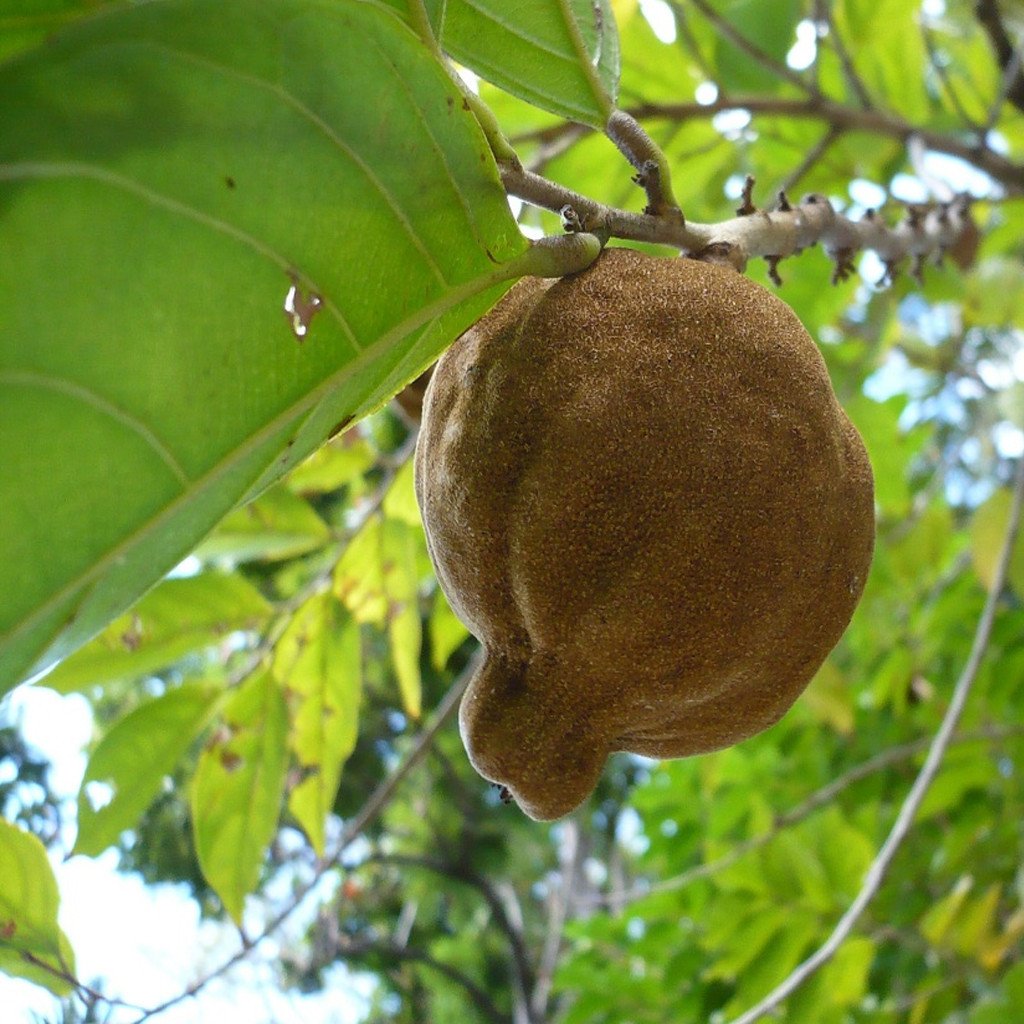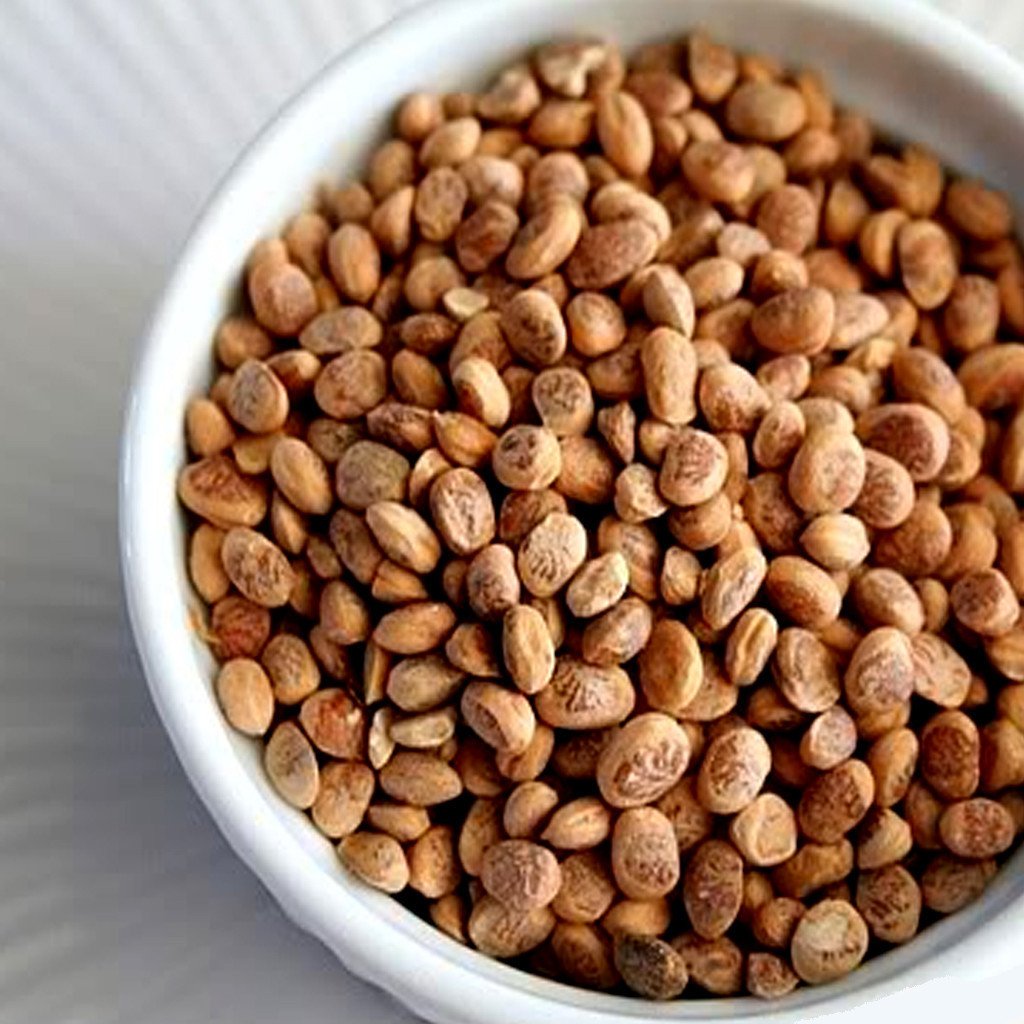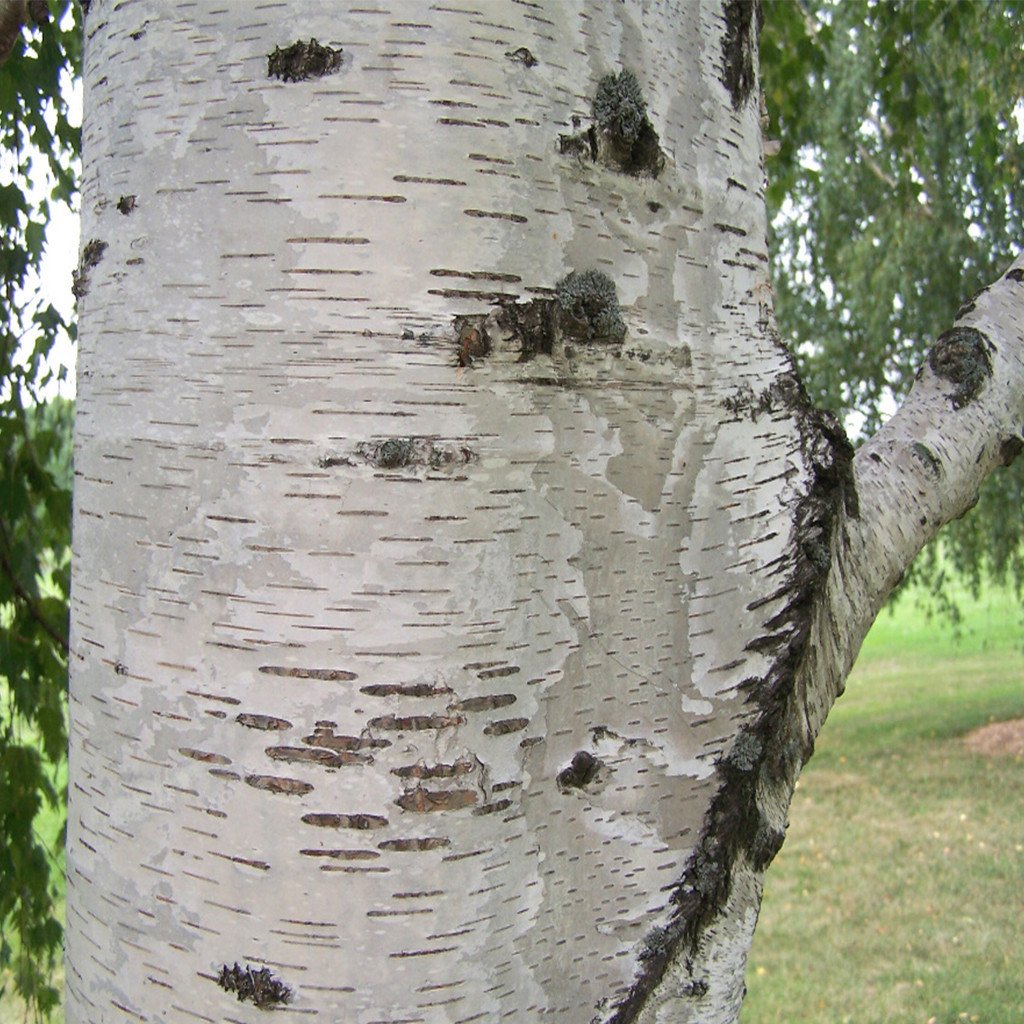Cypress Oil
Plant Part : Needles & Twigs
Extraction : Steam Distillation
Origin : India
Product Description:
Cypress has been used in medicinal healing and ritual since ancient times, especially as an incense for purification. Its tall elegance represented to the ancients a spire to the heavens, yet its roots went deep into the soil allowing these higher energies to be grounded into the earth. The leaves, twigs and cones of the Cupressus sempervirens are steam distilled to form the essential oil.
Common Uses:
Cypress oil has a calming and soothing effect on the irritable, angry and stressed-out person and has a valuable effect as a vasoconstrictor on varicose veins and hemorrhoids. It is beneficial in conditions of excess fluid, such as bleeding, nosebleeds, heavy menstruation, heavy perspiration, cough and bronchitis, hemorrhages and fluid retention. The antispasmodic action is very useful for asthma, whooping cough, bronchitis, emphysema and influenza. Furthermore, cypress oil soothes muscular cramps, helps to regulate the menstrual cycle, helps to ease arthritis and rheumatic pain and it is also beneficial to oily as well as congested skin and wounds.
History
Suki Isakson (1) says cypress was associated with death through the Egyptian use of the wood to make the sarcophagi for mummies because it was almost immune to rot (Lavabre 1990, 1997). For the ancient Greeks and Romans this symbolic everlastingness was carried on through the use of the word sempervirens, which means everliving. Funereal use of the Tree of Death continued in southern Europe both for making coffins……and for making funeral garlands or for strewing sprigs and branches on funeral biers. Cypress trees were often planted in graveyards. Used as a cleansing incense in Nepal and Tibet. Other cypress varieties were used in by Native Americans ceremonially and for various illnesses.








